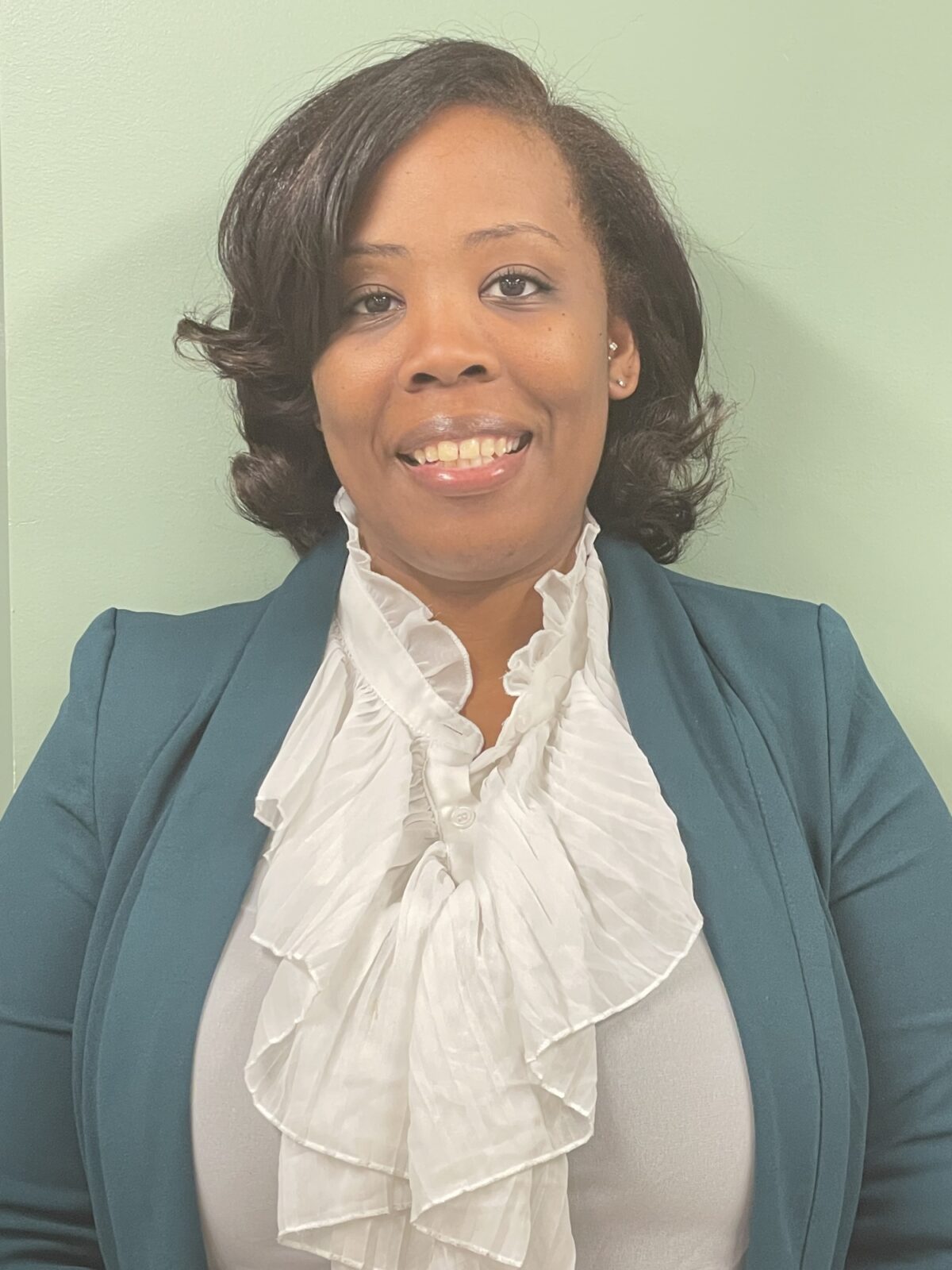
One of the many things that CentroNía believes in is the professional development and growth of its own staff. We support all that they do as early childhood educators and supporters, and are proud to witness as they embark in new journeys in their career.
CentroNía was happy to see this happen with Quianna Jamison, previously a Pre-K teacher in our Columbia Road center, who as recent as this school year, has been promoted to Program Director at CentroNía’s Stevens ELC location. We recently caught up with Quianna and asked her about her experience with CentroNía, as center director, and with the early childhood education sector.

1. CentroNía: What is your experience with CentroNía?
Quianna: I have been employed with CentroNía for five years. I was previously a Pre-K Lead Teacher at our Columbia Road site. However, I received a promotion this 2022-2023 school year to Program Director at our Steven's site.
2. CentroNía: What do you feel are the most important skills for a Center Director/Educational Leader?
Quianna: One of the essential skills for a Center Director/Educational leader is creating a collaborative, inclusive learning environment. The opportunity to create safe learning environments that nurture every student's needs. Another important skill is building a learning community that encourages collaboration, implements change, and improves services to support the future success of all students.
3. CentroNía: What have you learned from the center’s teachers and families?
Quianna: One thing I have learned from center teachers and families is the importance of establishing healthy relationships for the success of early learners. The positive connections between teachers and families can improve children's academic achievement, social competencies, and emotional well-being.
4. CentroNía: How do you keep up with advances in the early childhood field? (Ex: continuing education & professional development)
Quianna: I keep up with the advances in the Early Childhood Education field through NAEYC conferences/training and professional developments such as Capital Quality Community of Practice monthly meetings.
5. CentroNía: What does high-quality childhood education look like to you?
Quianna: High-quality early childhood education is an environment that promotes the physical, social, emotional, and intellectual development of young children. A high-quality early learning program's key components are classroom interactions, a positive environment, and a supportive learning environment.
6. CentroNía: How can donors and funders best support a diverse and fully-equipped early childhood workforce?
Quianna: Donors and funders can best support a diverse early childhood program through cost and donate to the program. Also, supporting the services of the early childhood program by advocating the existence and the population served.
7. CentroNía: What attracted you to early childhood services?
Quianna: I became attracted to the field of early childhood services over fifteen years ago. My attraction to assisting students to develop skills to become lifelong learners has grown tremendously. Young students are the world's future leaders; therefore, it is crucial to help young learners build on the skills needed to flourish. Finally, my attraction is a change I desire to see in students, teachers, and the learning platforms that benefit a young learner’s future success.
Thank you to Quianna for taking the time for this interview and for her continued dedication to early childhood education.

